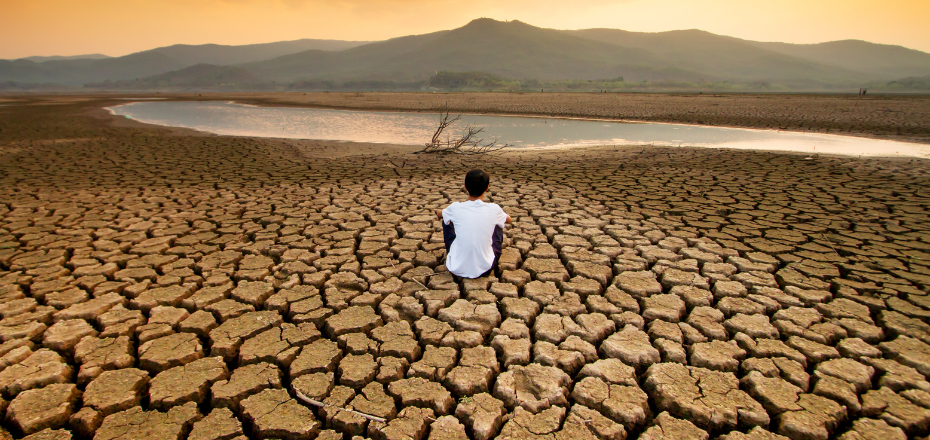“We lost a year”, lamented the vice-president of the European Commission, Frans Timmermans, after the last UN climate conference (COP27), in Egypt.
ADVERTISING
After two weeks of negotiations, the almost 200 countries present barely managed to reach an agreement on the creation of a reparation fund for the poorest countries, but without a clear amount or timeline. “The world will not thank us tomorrow”, warned Timmermans at the end of the conference.
A COP27 did not address the need to end fossil fuels (oil, coal or gas). This commitment is essential to achieve the international community's own objectives of keeping the increase in the planet's temperature to a maximum of 1,5ºC (Paris Agreement).
Temperature records during the summer in Europe, catastrophic floods in Pakistan and famine in African regions were in the news throughout 2022.
ADVERTISING
“Unfortunately, this is just the beginning: we are seeing on a small scale what can happen to us on a large scale”, warns Robert Vautard, director of the French institute Pierre-Simon Laplace. The hope lies in accelerating the use of renewable energy, according to climatologists and environmental organizations.
Energy capacity from renewable sources will grow by 2.400 gigawatts over the next five years, according to forecasts by the International Energy Agency (IEA). These alternative sources will surpass coal as a source of electrical energy by 2025, according to this report.
But a closer look at the data reveals a disturbing picture:
- In Germany, one of the countries most affected by the energy crisis caused by the war in Ukraine, 75% of electricity generation still depends on fossil fuels. Among renewable sources, the majority is biomass (18%), far ahead of solar or wind, according to official data.
- “Renewable energy is intermittent, that’s something we know. In itself it is not a bad thing, but we have to accept it”, warns Javier Blas, energy sector expert at Bloomberg.
- The price of gas in Europe is very volatile. From 20 euros per megawatt it went to 300 euros, before falling to 100 euros. “I’ve never seen a more chaotic moment,” commented Raham Freedman, gas sector analyst at consultancy Wood Mackenzie.
The next COP will be held in Dubai. The United Arab Emirates are major oil exporters.
ADVERTISING
“At this COP they will talk a lot about the oil and gas sector and its possible financial contribution” to the fight against climate change, predicts Laurence Tubiana, a French expert and one of the architects of the 2015 Paris Agreement.
The lessons that this winter leaves in the Northern Hemisphere will be fundamental to see the degree ofpromereal development of the most developed economies. Most developed countries have climate ambitions that are incompatible with the goals of the Paris Agreement, according to a study by Paris Equity Check, published on Tuesday.
- Instead of the 1,5ºC target, the European Union would be on a trajectory of 2,3 or 2,5ºC by the end of the century, and the United States at 3 or 3,4ºC, according to the study.
- For developing countries, the prospects are not much better: Brazil would adjust to a warming of 2,1 or 2,9 ºCAnd Mexico of 2,7 or 3,2 ºC.
- China, Russia and Türkiye would exceed 5ºC, which in scientific terms is an unknown threshold, which could cause drastic climate changes.
At COP27 in Egypt, only 16% of almost 200 members presented new emissions reduction commitments. In Dubai next year, these countries will be charged, which promeyou endure mutual recriminations.
ADVERTISING
(Source: AFP)





